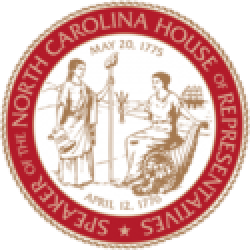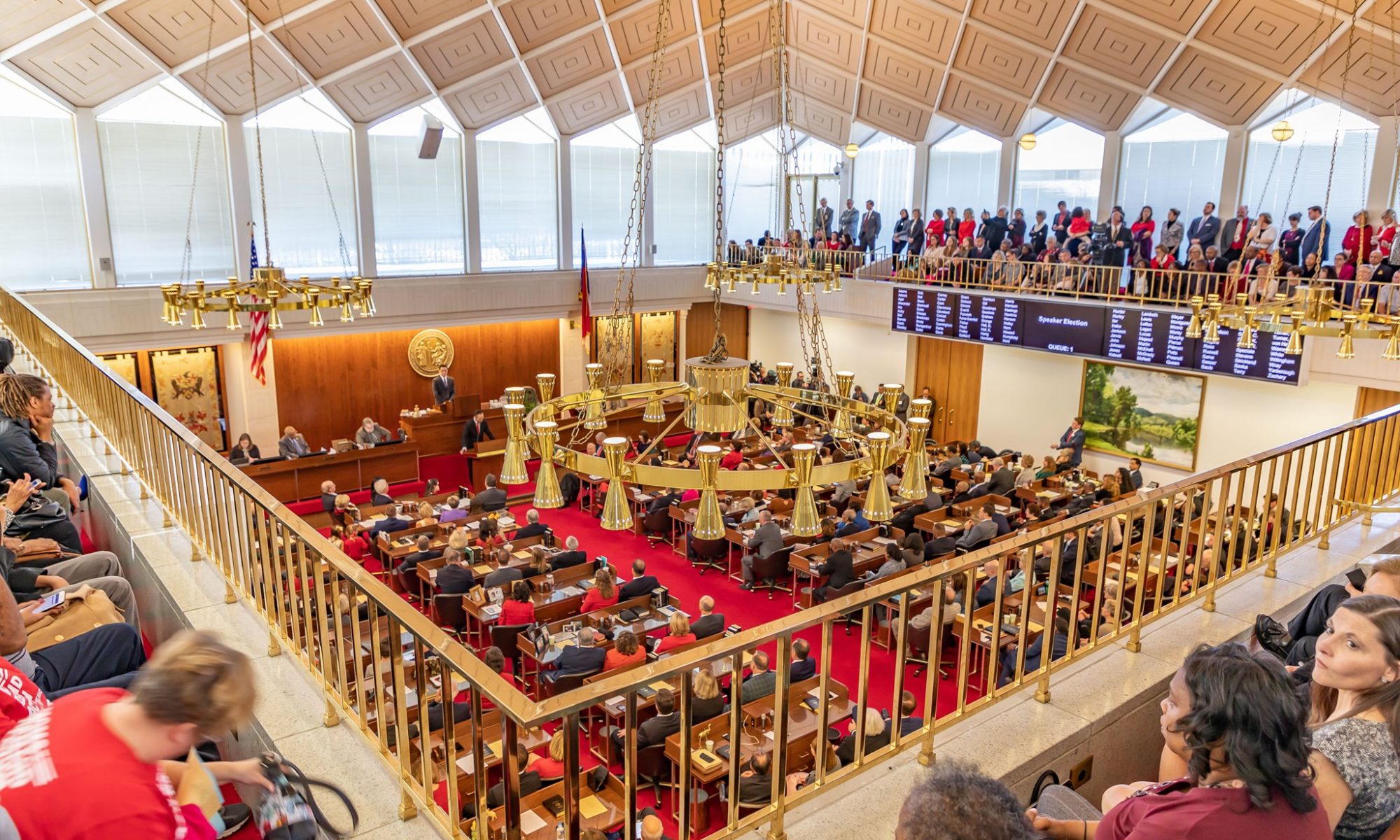Governor Roy Cooper, Senate President Pro Tem Phil Berger, House Speaker Tim Moore, Senate Democratic Leader Dan Blue and House Democratic Leader Robert Reives have reached an agreement on key energy legislation. The bipartisan compromise is expected to move through the legislature next week.
The leaders issued the following statements:
Governor Roy Cooper: “This bipartisan agreement sets a clean energy course for North Carolina’s future that is better for the economy, better for the environment, and better for the pocketbooks of everyday North Carolinians, I am encouraged that we have been able to reach across the aisle to find a way forward that will update our energy systems while saving people money and doing our part to slow climate change.”
Senate Leader Phil Berger: “North Carolina is a growing state, attracting businesses and families from all over. That growth depends on a stable supply of reliable and affordable energy. After months of policy negotiations, we reached an agreement that will signal to businesses and families here now or considering a move here that North Carolina’s leaders are committed to pro-growth energy policies.”
House Speaker Tim Moore: “We have a responsibility to be good stewards of our natural resources while also maintaining low costs for citizens and businesses, and this bill achieves each of those goals. It is absolutely crucial for our state and for our national security that we prioritize energy independence now.”
Senate Democratic Leader Dan Blue: “I am proud of the work put forth in this energy bill. This legislation will put our clean energy aspirations into action, We need to continue working to protect our environment, and all rate payers, as we move North Carolina to a clean energy future.”
House Democratic Leader Robert Reives: “I support this compromise that helps build a resilient North Carolina that combats climate change, creates green jobs, and helps consumers and businesses have predictable, fair prices.”
Among other things, the bipartisan energy compromise includes the following highlights:
- Requires the NC Utilities Commission (Utilities Commission) to follow the least cost pathway in reducing carbon emissions by 70% by the year 2030 and achieving carbon neutrality by 2050 without sacrificing reliability. The plan will be developed by the Utilities Commission with utility and stakeholder input and reviewed every two years to allow for improving and emerging technologies.
- Requires 45% of solar power to come from a competitive bidding process among Independent Power Producers (IPP) and 55% from Public Utilities, which will help reduce costs and encourage innovation.
- Makes energy efficiency improvements more affordable for more North Carolinians, particularly those with low to moderate incomes. Consumers would benefit from access to low to zero interest capital and the ability to qualify based on factors beyond credit scores and collateral. They could also pay down the cost of these improvements through a monthly payment that is taken care of by the resulting savings on their lower cost electric bill.
- Requires Public Utilities to use securitization at 50% to retire coal-fired power plants resulting in lower cost to consumers.
- Provides for the Utilities Commission to develop multi-year rate plans and performance-based incentives on ratemaking. This provides the utility a better pathway to invest in what’s needed to make the clean energy transition and align more of their earnings to match energy efficient savings and other public interest goals. It also includes strong protections that limit the utility’s ability to over earn.
- Helps ensure reliable energy by maintaining the Public Utility vertical integration model with a Utilities Commission that retains robust regulatory authority and discretion.
###








